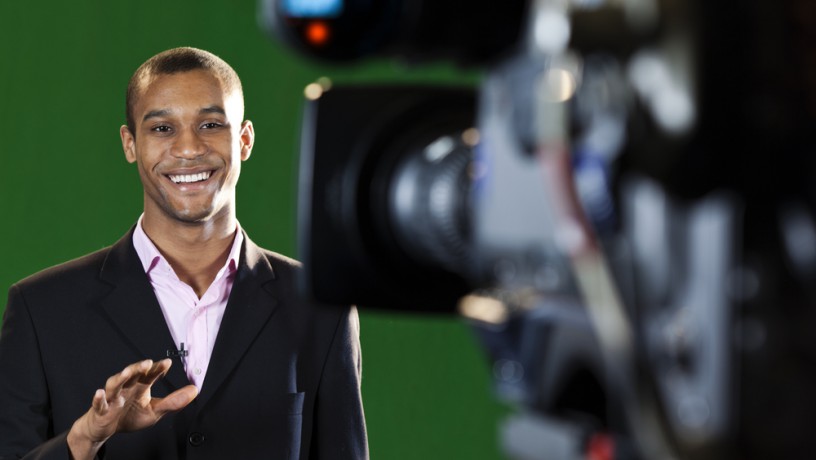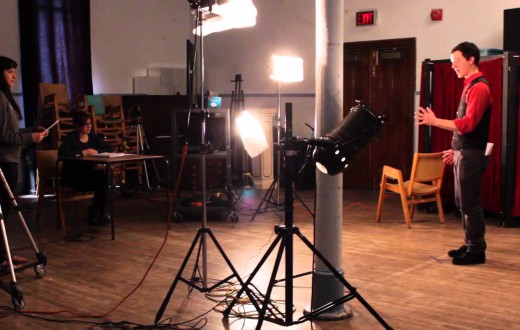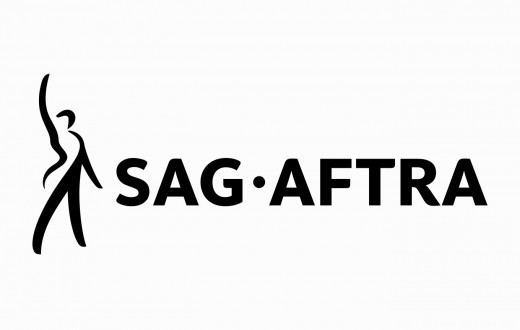Much of what actors encounter on sites like NYCastings–aside from the tremendous opportunity to sign up to receive hundreds of audition notifications every week in your inbox–has to do with auditioning. There are a million articles on preparing for the audition: how to enter the room, how to learn your lines in a hurry, how to greet the casting team, how to hold your sides, how not to hold your sides, how to laugh, how to cry–you name it, there’s an article about it.
But one thing you don’t come across very often is people talking about what happens after you walk out of that audition room. Well, you may ask, aside from the adrenaline rush and sense of relief at being done, what else is there?
However, to just walk away from your auditions and forget them on the spot is a mistake. Think of the time immediately after the audition as the “follow-through.” If you’ve ever watched or played tennis, you know that the swing of the racquet doesn’t end when it makes contact with the ball. The motion the player makes after he or she hits the ball is just as important as the motion before. So here are few ideas on how you can optimize your follow-through after your auditions.
1. Write down everything
Get a notebook specifically to take with you to auditions, and write down everything that happens in each one. No matter where you’re developing your acting career, you’re almost guaranteed to see the same casting directors multiple times if you stick around long enough. So start with standard reporters’ questions, who, what, where, when and how. Get the casting directors’ name, along with anyone else behind the table whose name you caught, and the location. It’s even a good idea to jot down the receptionist’s name if he or she offered it–or even take a moment to ask. Speaking from experience, simply being able to greet by name a harried and harassed receptionist for a casting director can be an invaluable assist. (They’re like shelter pets: they’re accustomed to abuse and neglect, so they may snap at you at first, but any kindness you show them is usually appreciated far beyond what it costs you.) I would also write down what you wore, how crowded it was and how long you waited.
Now to the nitty-gritty: how was your performance in your eyes? What notes did they give you? What adjustments did they ask you to make? What was the overall vibe of the room when you wrapped up? Note everything that came from the casting team, then write down your own assessment. This isn’t to get you to cringe over every little stumble over a word or dropped line, but rather to get you to actively, objectively assess your overall performance on an almost clinical level. Our education in acting is a lifetime affair; the minute you stop learning you start to decay. So it’s foolish to throw away the valuable knowledge you could be gaining from the very people whose job it is to cast actors in roles–people whom you may very well see again, sooner rather than later! A great idea is to take a moment to make your notes right there in the waiting room after you read. This not only gives you a chance to get everything down sharply and correctly, you can also take the time to decompress and appreciate how much less stressful the waiting room is after you’re done reading. What’s more, doing so allows the casting team a moment to talk about you–and you never know, they might want you to come back in and read for a different role or ask you another question! Better to be able to do so right there on the spot while you’re fresh in their minds.
2. Learn, don’t flog
The idea of this audition notebook project isn’t to give you more chances for self-flagellation, it’s to help you improve. So after you make your notes on the actual acting portion of the program, look them over, pick out the silly mistakes that any actor can make at any time–the word flubs, the missed cues, the dropped lines, etc.–and throw them out. Flubs are just flubs; they happen to even the most experienced actors, as countless blooper reels tell us. Let go of and forget about analyzing things like that–provided we’re not talking about things you can control, like being underrehearsed. And be honest about it: if you blew an inordinate amount of lines, well, then your notes to that effect have already helped to show you how you can improve next time around. If you were super nervous and this caused you to forget your place, that’s also something to look at and analyze. What was different about this day and this audition? Was something said in the audition room or waiting room that threw you off? Just having a bad day because you’re tired or hungry? Make a note of it, process it, and be prepared to adapt next time around. The only thing worse than beating yourself up over what happens in an audition is to shove every bit of it out of your mind even as you walk out the door, thus preventing you from learning anything or improving.
3. Say thanks and follow up–briefly
There is a school of thought that says actors should send personal thank you cards to every casting director they read for. While that is certainly thoughtful and attention-grabbing, it also seems a bit 1955, no? Like gentlemen callers leaving their literal calling cards on the sideboard as they take their leave from visiting. Hey, to each his own; if you are the type to learn calligraphy in order to handcraft a personalized thank you note for everyone you encounter in this business, I say go for it. There are certainly worse things to have your name associated with. But probably for most casting agents–who are, let’s face it, some of the most crazy-busy people in the biz–a quick email saying thanks is probably sufficient. You might also enhance this note by adding a link to your reel or to a notice for a show you’re currently performing in. An offer of tickets or a discount if they wanted to attend wouldn’t be out of line. But for the love of God, tread lightly when it comes to this sort of thing. Many’s the casting director who has horror stories about that one annoying actor-stalker who won’t leave them alone. Don’t be that guy!
4. Move on with your life
Okay, you’ve done some solid analysis of the performance, you’ve clocked all the relevant information you might need about this casting director and his or her quirks and the things he or she seemed to want to see more of. Now is the time to process the notes you’ve given yourself, apply them to how you are going to approach your next audition–and let it all go. There is no place in this business for beating yourself up, for flogging yourself over mistakes, or for over-analysis and obsessing over every single word that was said in the audition room. This is one of hundreds of auditions you will attend over your career; glean from it what you can, then go for a run, or hang with a friend, or go shopping–whatever. And clear your mind for the next one!







